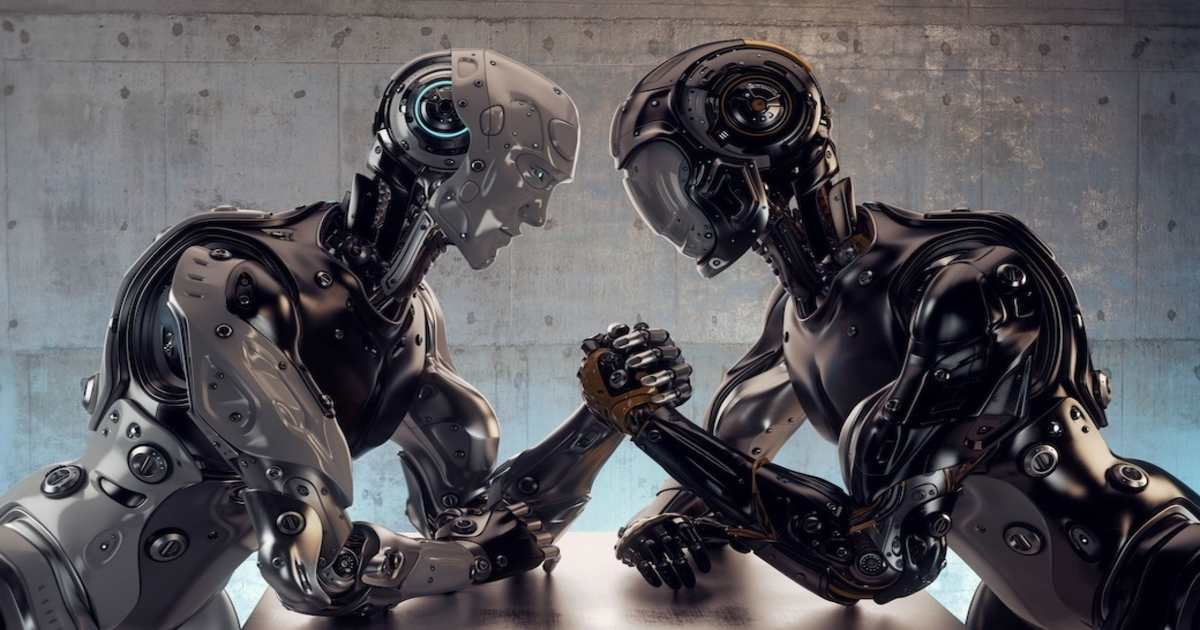Introduction
As we all know robotics is the next future. In the near future, robots will be used in every sector and slowly humans will not take any responsibility for failures. However, this is still a far-fetched dream and there are multiple challenges the robotics industry which we have to overcome. Next, we will see some of the challenges of the robotics industry
Let’s Look At The Major Challenges Faced By Robotics Industry
The following are the major challenges faced by the robotics industry:
Bio-inspired robots
The more common idea nowadays in robotic lab os robots being inspired by nature. They should perform like an efficient system found in nature, however, the major challenge here is to invent a battery to match metabolic conversion, muscle-like actuators, reasoning, human-like perception and adaptation in any environment.
Multifunctionality
Robots of today excel at doing any one particular task and but the aim to achieve multifunctionality is still pretty far. Any general-purpose robot or single-task robot should be able to recognize people or things/objects while interacting physically with their environment at the same time, just like humans do.
Robot-swarms communication
In robot swarm, the robot needs to sense not only the environment but also each other in the swarm. Perception-action-communication loops are key in designing robot swarms, however, at present, there is no systematic approach in doing so across a large environment.
Unmapped environment navigation
Robots at present excel in navigating and perceiving their environment. However, the main challenge of the robotics industry as of now is to make robots able to operate in unmapped and poorly understood environments.
Brain-computer interfaces
Brain-computer interfaces(BCI) actually help humans to control machines and devices with their minds. The main challenge of the robotics industry in this field is to develop the technology for wider adoption. The equipment used are expensive and data processing is tricky and tough. Also, there is a long period of calibration, training, and learning.
Some Other Challenges Are As Follows
Long-term engagements for social robots
Another challenge of the robotics industry is to make robots engage in long-term relationships just like humans do. Currently, the robots are made for short-term engagements and that is not how human relationships work. So, for future long-term engaging robots are essential and the main challenges in it are modeling social dynamics, learning social norms, and building a robotic theory of mind.
Medical Robots with autonomy
The main challenge of the robotics industry in the medical sector is to enable one surgeon to supervise a set of robots doing routine steps autonomously and only call on surgeons during patient-specific steps. The main challenge is building a reliable system with more autonomy.
AI that can reason
The problem here is to develop AI that can reason and has common sense. Scientists are also looking at AI that can learn complex tasks with minimal training. As we all know the challenge of the robotics industry is that we still have a long way to go to replicate and exceed all the facets of human intelligence.
Managing the product workflow
Developing and scientists are also looking at another problem,i.e, managing the product output when a robot is installed. The orientation and speed of part presentation if the robot must be carefully calculated to ensure maximum productivity without producing too much for the existing systems to handle.
Conclusion
So, from the above article, we see the problems scientists are facing and are trying to win over them. There’s far more to implementing robots than just purchasing and integrating them. Before we completely start using robotics in every sector of our daily life, all of these challenges and also many others which will come up in future, have to be resolved.

All you need to know about Robotics and Embedded System
Learn Robotics & Embedded Systems
Learn Robotics & Embedded System with WAC
Other Skills in Demand
| Artificial Intelligence | Data Science |
| Digital Marketing | Business Analytics |
| Big Data | Internet of Things |
| Python Programming | Robotics & Embedded System |
| Android App Development | Machine Learning |

